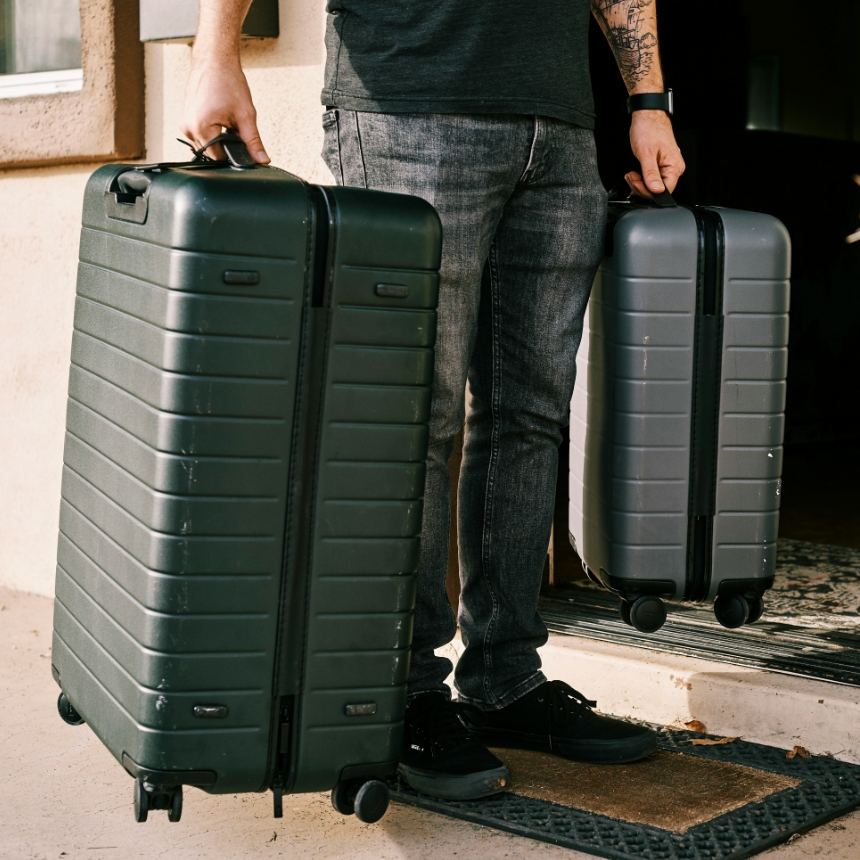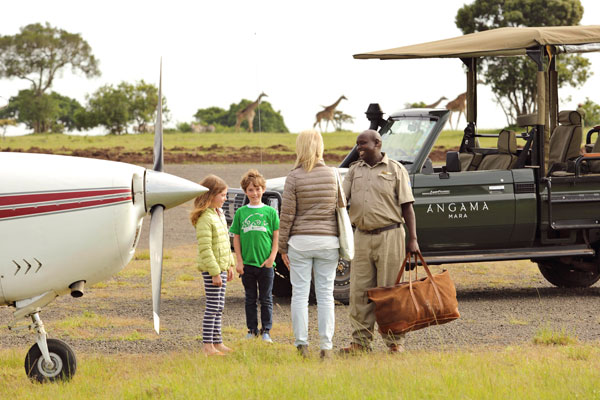Travel Tips

Health and immunisation
Before traveling to Kenya, ensure you're up to date with the latest travel advice. For vaccinations, consult a Travel Vaccination Clinic or your local doctor to discuss your plans. While there's no malaria at Ololo or in Nairobi, it is present in other areas, so ask your doctor about suitable prophylactics. There is a risk of Yellow Fever in Kenya, and vaccination is required if you're arriving from or transiting through high-risk countries. Carry a Yellow Fever card, especially if continuing to countries without Yellow Fever risk.

Travel Insurance
It is a condition of booking that you carry the correct comprehensive travel and medical insurance to cover yourself, as well as any dependents/travelling companions for the duration of your trip. This insurance should include cover in respect of, but not limited to, the following eventualities:
Compulsory Insurance:
a. Emergency evacuation expenses
b. Medical expenses
c. Repatriation expenses
Recommended Insurance:
a. Cancellation or curtailment of trip
b. Damage/theft/loss of personal luggage, money and goods

Luggage restrictions
Please be advised that on domestic flights, luggage is limited to one soft bag per person with a maximum weight of 15kg/33lbs. For guests who have extra luggage, you are welcome to store bags at Ololo, or at the airport, where there is storage facilities, and pick them up on return.
For the keen photographers who might be carrying extra equipment, then there is the potential to buy a 'freight seat'. Please reach out if this interests you.

Money and tipping
The currency in Kenya is the Kenya Shilling (KSh). You can convert money at banks, Forex Bureaus, or ATMs found in major airports and towns. VISA and Mastercard are widely accepted; American Express is not. It's advisable to carry cash for smaller shops and tipping.
IMPORTANT: When bringing foreign currency, ensure it's in new format with no damage. Only US Dollars from 2009 onwards are accepted.
Tipping: If satisfied with the service, you can tip your guide or staff at the end of your stay. Tips can be in KSh or USD. Ololo recommends $15 USD per day for your guide and $25 USD for the general tip box. Tips are optional and can be given in cash or by card on departure.

What to pack
Climate: Kenya has warm days and cool mornings/evenings year-round. Higher altitudes are moderate, while the coast is humid and tropical. The long rains are from April to June, and the short rains are in October and November. Kenya is a year-round destination, but the climate varies between the rainy and dry seasons.
Dress Code: Modest clothing is advised in towns and cities, but in lodges, camps, and coastal areas, casual wear like shorts and beachwear is fine. Neutral safari colors (green, khaki, beige) and a warm jacket for evenings are ideal. Don't forget a hat!
Essentials: Most camps have basic medical supplies, but it's recommended to bring personal essentials like cough medicine, plasters, vitamins, and pain relievers.
Power: Kenya uses 220/230V with Type G (3-prong) and some Type C (2-prong) sockets. Most safari camps have electricity points. Bring an adapter/converter combo.

Visas for Kenya
Kenya does not require travellers to apply for a visa but anyone entering Kenya is required to fill in an Electronic Travel Authorization form at https://www.etakenya.go.ke/enprior to arrival.
Passports MUST be valid for at least six months (we recommend nine) from your departure from East Africa to home. There must be at least TWO consecutive blank VISA pages in the passport (not endorsement pages). All travellers requiring a visa will need to apply for an e-visa in advance and no visas will be issued on arrival. For more information visit www.evisa.go.ke
Please do contact the embassy or consultant in your home country to reconfirm visa requirements, as they change often. Visa Central is also a good resource for further information.